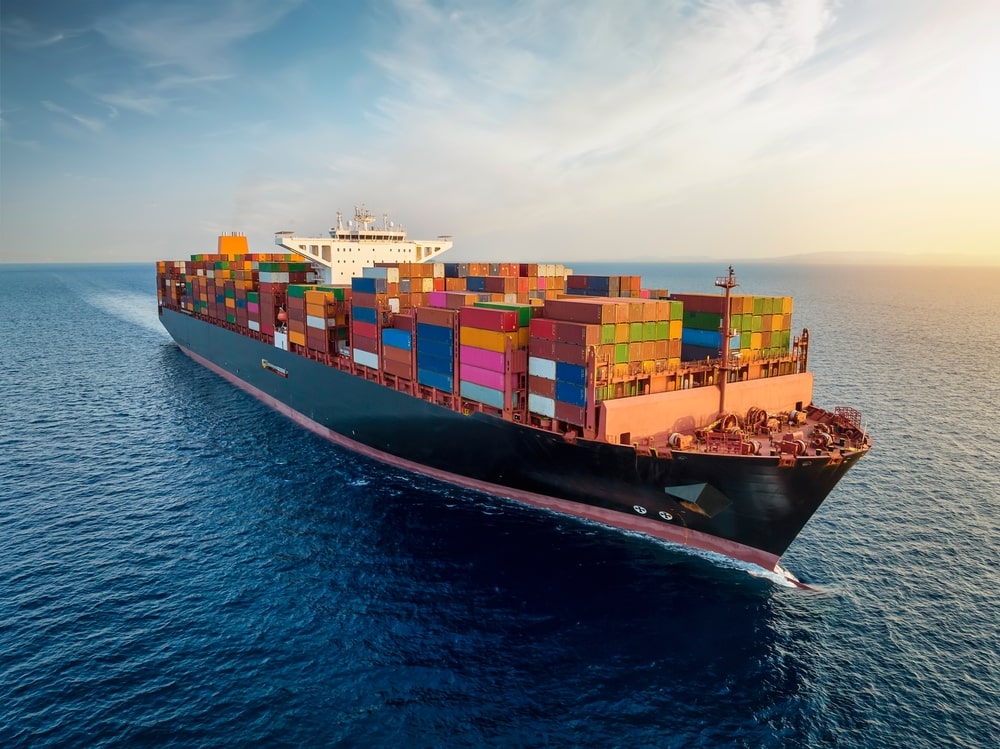
Recent attacks in the Red Sea combined with the drought in Panama Canal have inflicted a “double strike” on shipping, causing serious issues for global supply chains.
This was an interpretation highlighted in the 2024 Allianz Shipping & Safety Review, which said that because of the interconnected nature of supply chains and companies, unexpected events such as those in the Red Sea and Panama Canal, can have a domino effect globally.
The conflict in Gaza has demonstrated the vulnerability of shipping to proxy wars and disputes, with over 100 ships targeted in the Red Sea since the conflict begin in October 2023.
A vulnerability that bucked the overall trend before these recent disruptions began, with annual shipping losses declining by over 70% in the past decade according to the review.
Despite dominating the spotlight, the conflict in the Red Sea is not the only major ‘hot spot’ for international shipping losses. The review identifies the South China Sea, Indochina, Indonesia and the Philippines as being the main loss hotspots globally, for both the past year and going back a decade.
In 2023, the region accounted for one-third of all losses at sea.
A major reason for this, the review argues, is due to the huge volume of export and import flows in the region, resulting in higher levels of shipping traffic.
Following the invasion of Ukraine, and imposition of sanctions on the export and import flow of Russian Crude Oil, there has been a reliance on using a ‘shadow fleet’ of older tankers to transport the crude oil. These tankers operate outside of international regulation, and most importantly, do not have paper insurance.
This ‘shadow fleet’ compromises between 600 to 1,400 vessels, which constitutes a fifth of the overall global crude oil tanker fleet.
The current situation in the Red Sea is unusual in that it is a proxy war rather than a declared war, an important distinction. If this is a declared war, insurers would trigger cancellation clauses, and vessels would avoid transiting through the affected areas.
Instead, as the review outlines, insurers have been reinstating cover on a case-by-case basis, charging additional premium to cover vessels which are still travelling through the Red Sea.
For insurers, the situation is manageable for now, with vessels avoiding the Red Sea and an international military coalition led by the US, using military force to deter Houthi attacks.
However, this situation can change at any moment.
“The insurance industry has shown itself to be a reliable partner in a time of conflict. But it can’t carry every economic and political risk as there comes a point when insurers have to adjust premiums and risk appetite”, says Justus Heinrich, Global Product Leader for Marine Hull at Allianz Commercial.
“For shipping customers, it becomes an economic and commercial decision to pay the additional premiums for ‘hot risk’ areas or rerouting.”